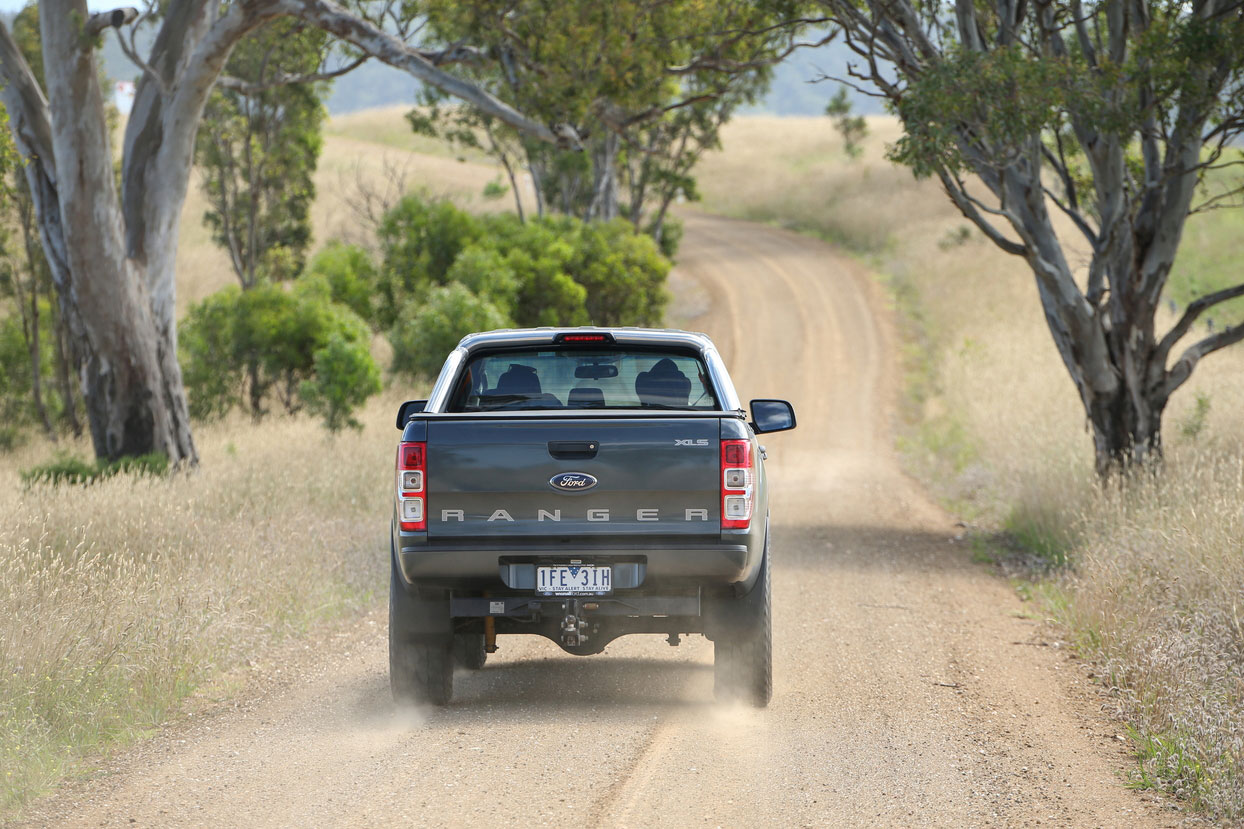How to be environmentally conscious with a petrol or diesel car
With the catastrophic effects of global warming remaining firmly at the top of the agenda, most of us are trying to do our bit to reduce our carbon footprint and protect our fragile environment.
And with transport accounting for a third of all global CO2 emissions, drivers of petrol and diesel vehicles will be pleased to hear that there are steps you can take to save fuel and be more environmentally conscious with your driving.
Here are CTEK’s top tips for reducing your carbon emissions, if you’re driving a petrol or diesel car:
Take it steady. If you tend to drive with your foot to the floor, racing up to junctions and other vehicles then braking heavily - you’ll be wasting a lot of fuel. By reading the road ahead and driving, accelerating and braking more steadily, you can cut your fuel consumption by 15% to 30%. Using your cruise control can help with steadier driving too.
Plan it for the planet. Plan your journeys before you set out and allow yourself plenty of time. Not only is there less chance of you wasting fuel making unplanned detours, you’re also less likely to need to put your foot down to get to your destination on time. This is important because you use proportionately more fuel at speeds over 50 miles an hour. So it’s true to say that speed costs, in more ways than you may think.
Stop it! Don’t’ leave your engine idling while the car is stationery, for example if you’re parked up waiting for someone or are stuck in a queue of traffic. And, if your car has a stop/start function, make sure it is working properly, so you’re only burning fuel when you need it.
Look after your battery. If your car has a stop-start function and you’ve noticed it hasn’t been kicking in lately, this could be because your battery isn’t functioning properly. When a battery is undercharged, the vehicle gradually turns off non-essential systems, and the stop/start function is one of the first to go. Use a smart battery charger to check the condition of your battery and get it charged up. Regular battery maintenance can also extend battery life by up to three times, helping the environment by reducing wastage.
Share and save. Try to avoid unnecessary journeys by combining several shorter trips into one, and see if you can share regular journeys with others. Your engine works more efficiently as it warms up too, so one longer journey is better for the planet than multiple short trips.
Watch your weight. Make sure your tyres are correctly inflated and remove any excess weight - like roof racks and all that junk that has accumulated in your boot - as the heavier the car, the more fuel it uses. Things like roof boxes and bike racks also affect the vehicle’s aerodynamics, so the car does not perform optimally from a consumption perspective. A full tank of fuel is also very heavy so, although it may be less convenient and mean more stops at the petrol station, you’ll use less fuel overall if you only fill your tank half full.
Regular maintenance. Get your car serviced at least every 12 months, even if you’re not doing many miles. Regular servicing can boost your miles per gallon (mpg) by 4%, and you’ll save much more than that if your mechanic is able to catch warning signs early, preventing serious engine issues. You should also carry out regular checks and maintenance at home, for example changing your air filters regularly and keeping your radiator topped up with coolant, to make sure your car is working as efficiently as possible.
Buy smart. Newer vehicles are far more fuel efficient so, if you’re buying a new car, check out the vehicle’s mpg. There are lots of comparison tables for fuel efficient cars online, with some now capable of more than 60 mpg. And of course, the more miles you can travel on a gallon of petrol, the less fuel you’ll use overall, so it pays to do your research.
By following our simple tips, drivers can reduce their carbon emissions and contribute to a cleaner environment, as well as reducing the amount they spend on fuel and making their budgets stretch that little bit further too. So it’s win, win all round!

